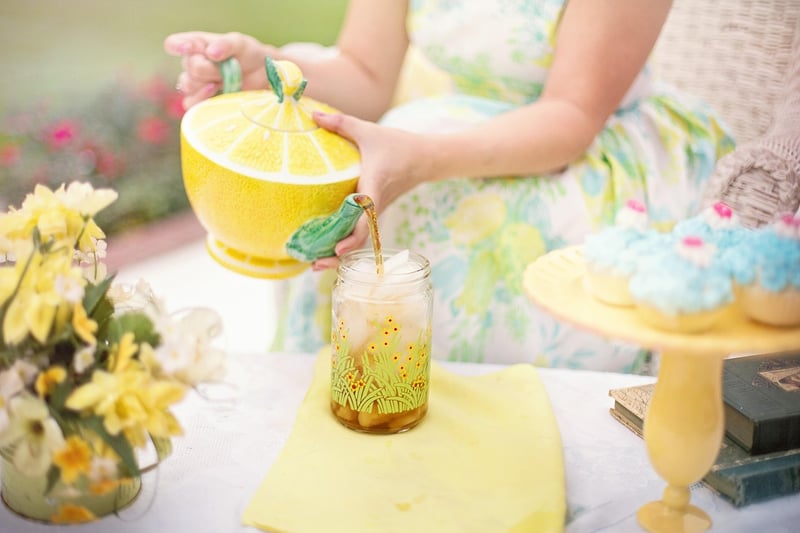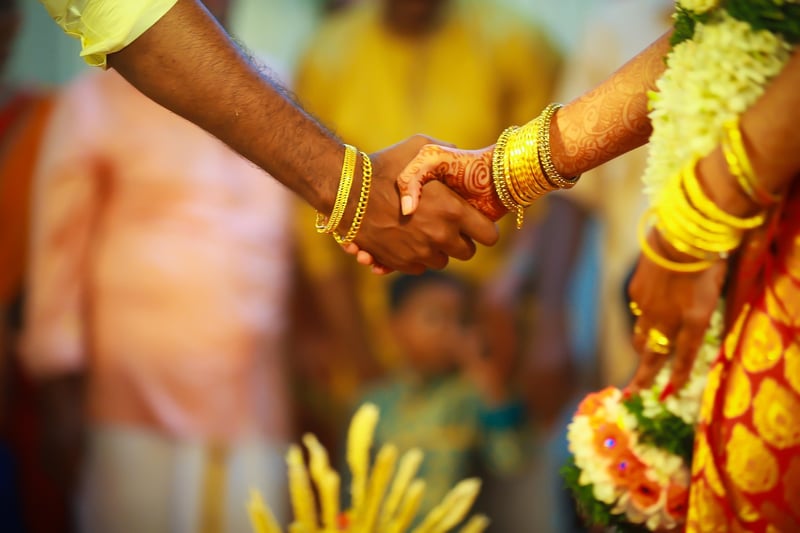Fusion Practices
Ceremonial Customs from Different Cultures and Fusion Practices
Exploring the world's diverse cultures allows us to discover unique ceremonial customs that have been passed down through generations. From traditional rituals to modern adaptations, each culture offers a rich tapestry of practices that showcase their beliefs, values, and heritage.
Japanese Tea Ceremony
The Japanese tea ceremony, known as "chanoyu" or "sado," is a ritualistic practice that involves the preparation and consumption of matcha tea. It is a harmonious and meditative experience that emphasizes mindfulness, respect, and tranquility.

Indian Wedding Ceremonies
Indian weddings are vibrant celebrations that encompass a series of traditional ceremonies, such as the Mehendi ceremony, Sangeet, and the sacred vows exchanged during the wedding ceremony. These rituals are deeply rooted in Indian culture and are a symbol of love, commitment, and family unity.

Maori Haka Dance
The Maori haka is a powerful ceremonial dance performed by the indigenous Maori people of New Zealand. It is a display of strength, unity, and cultural pride, often performed during significant events such as weddings, funerals, or sporting events.

Fusion Practices
In a globalized world, cultural fusion practices have emerged, blending elements from different traditions to create new and unique ceremonies. These fusion practices celebrate diversity, promote cultural exchange, and create meaningful connections between communities.
Example: Sushi-Making Workshop with Mindfulness
Imagine a sushi-making workshop that combines the art of Japanese cuisine with mindfulness practices such as meditation and gratitude. Participants not only learn the culinary skills of sushi-making but also cultivate a sense of presence and appreciation for the food they create.
Example: Yoga and Native American Drum Circle
Bringing together the ancient practice of yoga with the rhythmic beats of a Native American drum circle creates a fusion experience that integrates physical movement, spiritual connection, and communal harmony. This fusion practice honors both Eastern and Native American traditions in a unique and uplifting way.
Exploring ceremonial customs from different cultures and embracing fusion practices allows us to appreciate the beauty of diversity and create new connections that transcend borders and boundaries.
